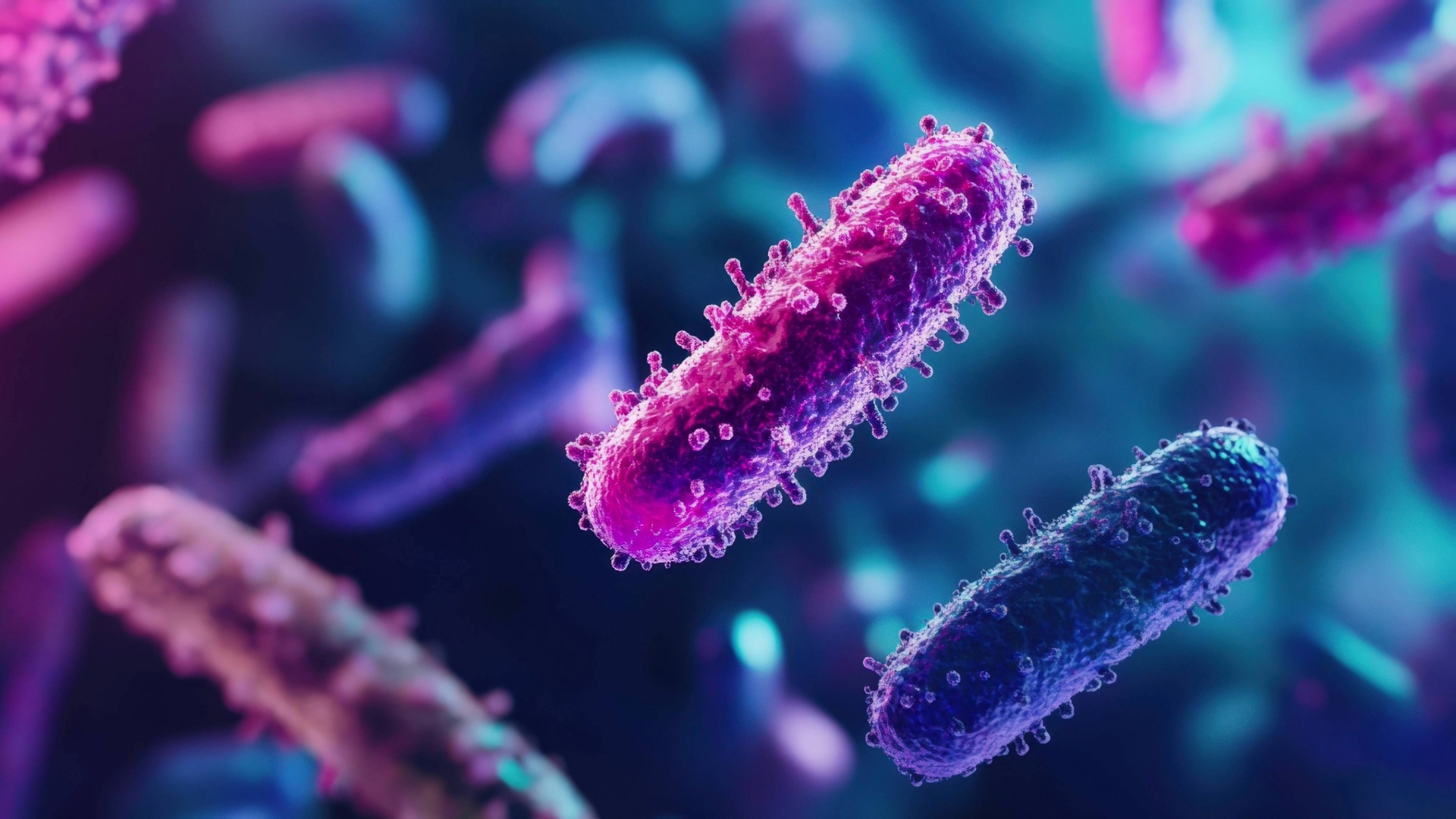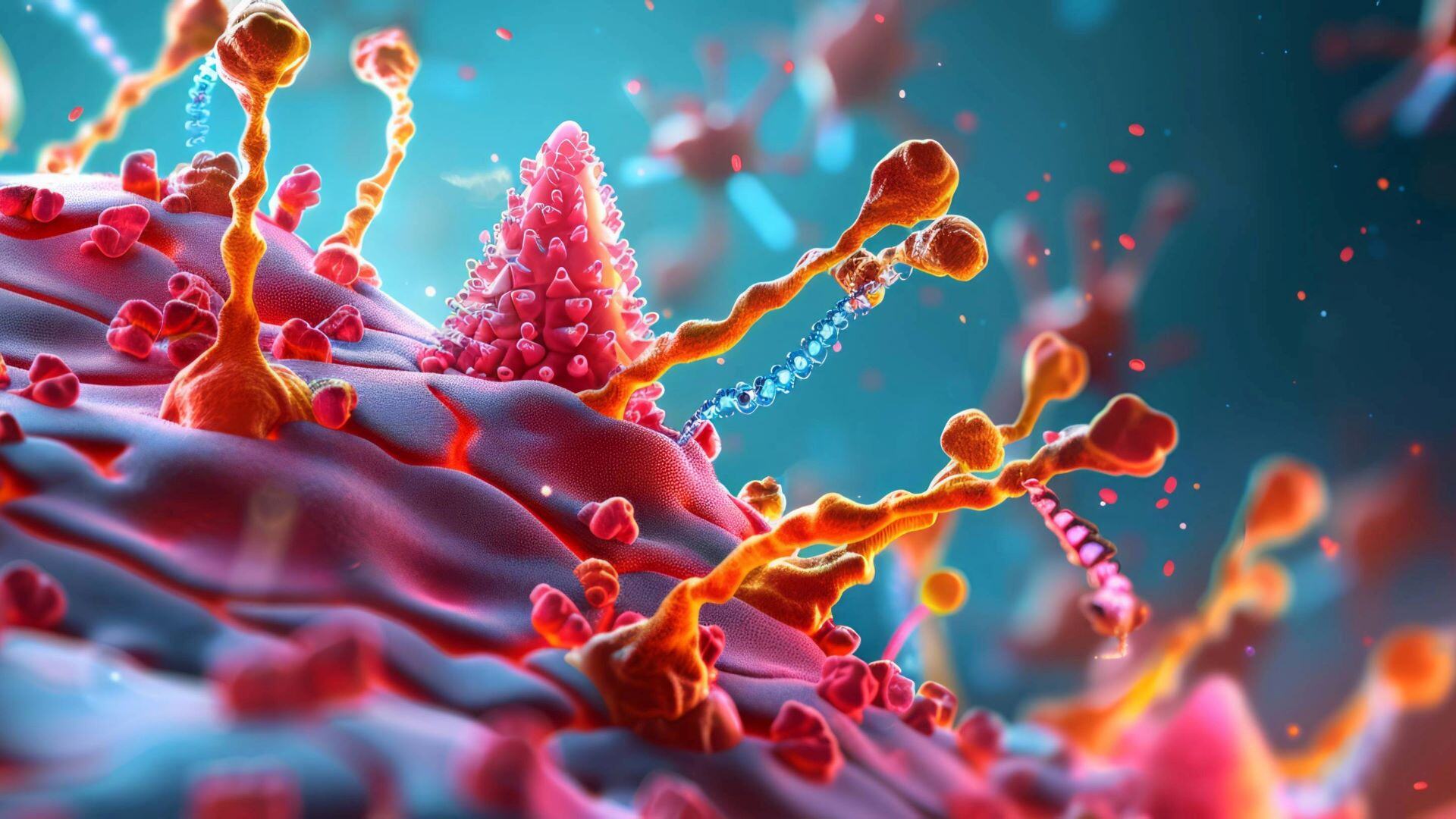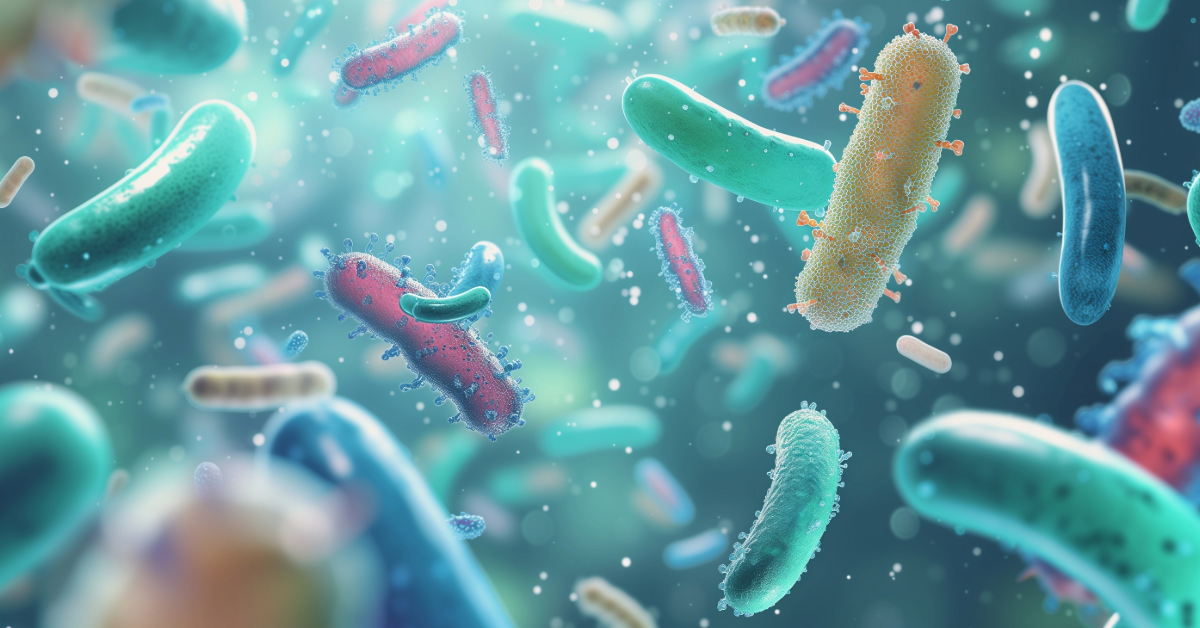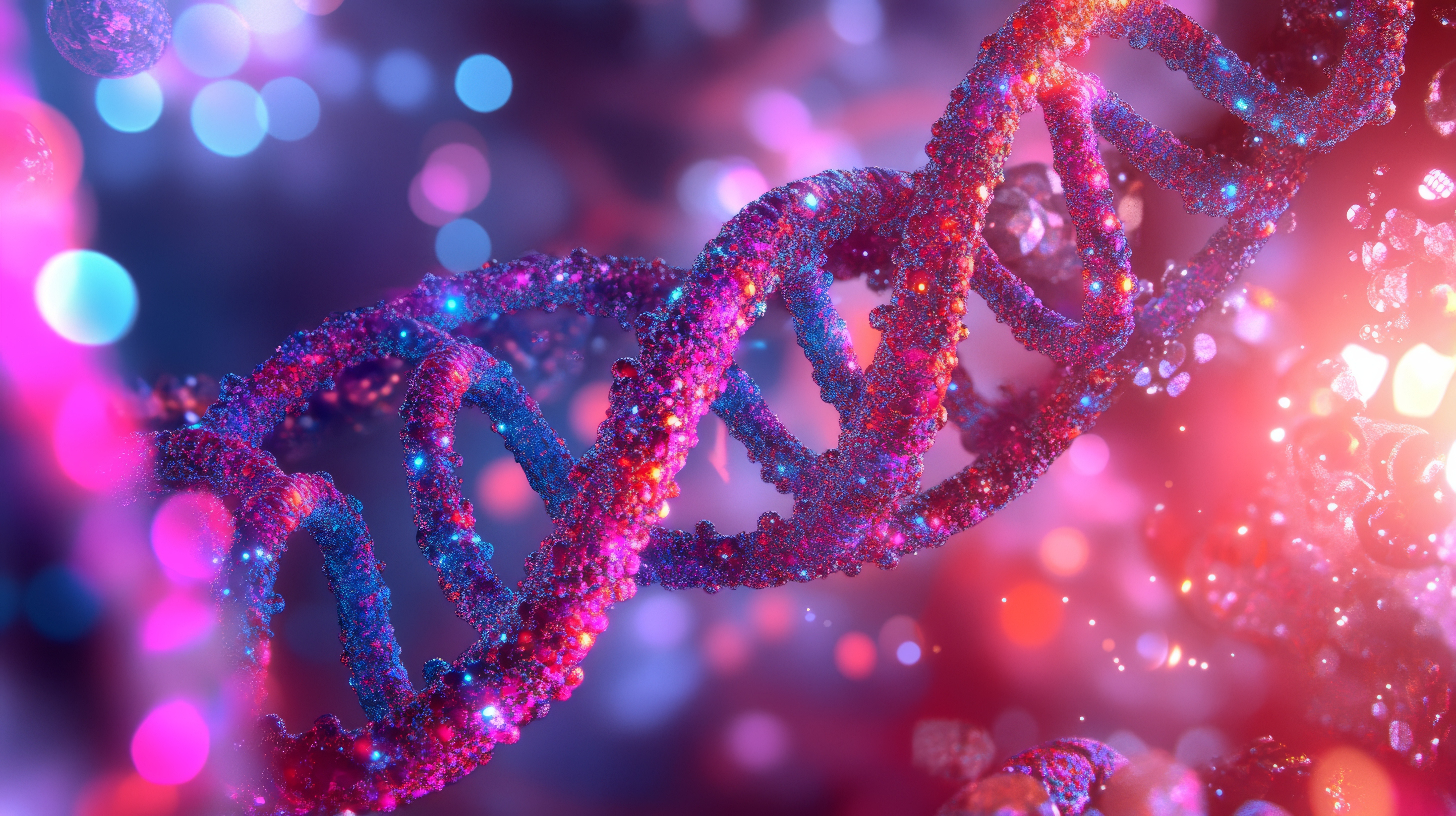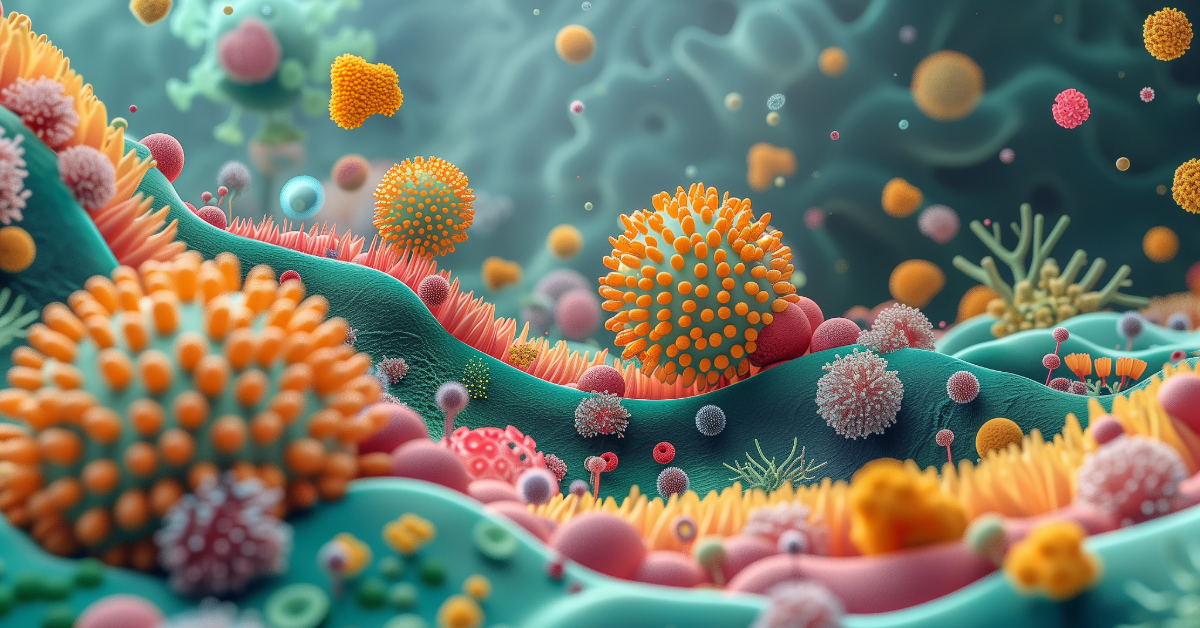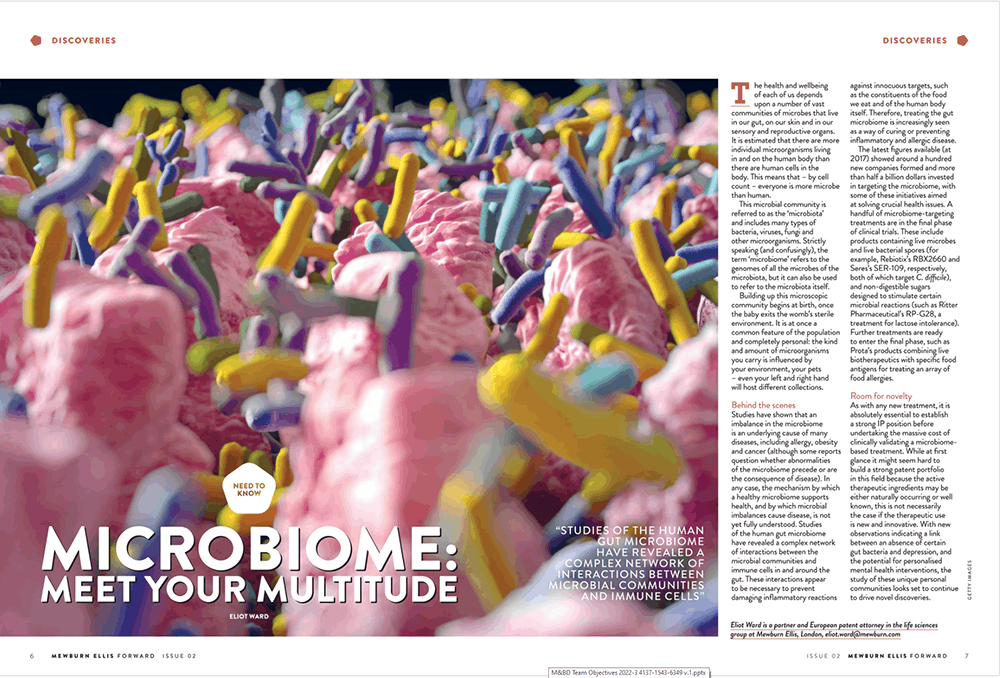Our body hosts trillions of microorganisms that live symbiotically on and within the human body. This ‘microbiome’ is essential to our health and microbial imbalance increases susceptibility to many diseases.
It is estimated that there are more individual microorganisms living in and on the human body than there are human cells in the body. This means that – by cell count – everyone is more microbe than human. This microbial community is referred to as the ‘microbiota’ and includes many types of bacteria, viruses, fungi and other microorganisms. The term ‘microbiome’ is also used, although strictly it refers to the genomes microbiota.
Building up this microscopic community begins at birth, once the baby exits the sterile environment of the womb. It is at once a common feature of the population and completely personal: the kind and amount of microorganisms you carry is influenced by your environment, your pets – even your left and right hand host different collections.
Studies have shown that an imbalance in the microbiome is an underlying cause of many diseases, including allergies, obesity and cancer. Quite how microbial imbalances cause disease is not yet fully understood. Studies have revealed a complex network of interactions between the microbial communities and immune cells in and around the gut. These interactions appear to be necessary to prevent damaging inflammatory reactions against innocuous targets, such as constituents of the food we eat and of the human body itself. Therefore, treating the gut microbiome is increasingly seen as a way of curing or preventing inflammatory and allergic disease.
The human microbiome market is growing rapidly, projected to grow five-fold to exceed USD 1Bn by 2029. Nevertheless, a lack of expertise, inadequate research, uncertain regulatory requirements and IP challenges are factors restraining this market's growth. Companies that can solve these challenges will establish a commanding position in this important field.
